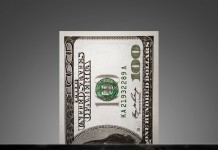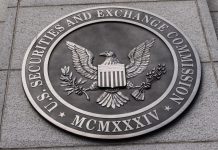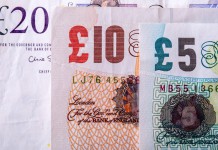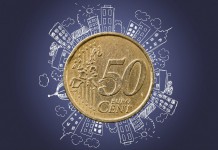Holiday trade sees influences weaken
 The twin benefits that saw the dollar rise in the first half of December; the prospect of a further hike in interest rates and the passage of the fiscal reform bill through Congress have both started to fade as their influence wanes.
The twin benefits that saw the dollar rise in the first half of December; the prospect of a further hike in interest rates and the passage of the fiscal reform bill through Congress have both started to fade as their influence wanes.
With the advent of Jerome Powell taking over at the Federal Reserve likely to herald a more circumspect attitude to tighter monetary policy, the “three-hike” scenario for 2018 favoured by traders is looking quite optimistic.
The rough passage of the fiscal reform bill through congress has served to highlight the difficult relationship between the President and lawmakers. It remains to be seen just how the whole “Russian” investigation plays out, but if the President becomes tainted, he is unlikely to be able to garner support among Republicans.
The dollar index fell close to its long-term support at 92.50 yesterday as the Euro broke above the 1.1880 level and now looks set, as month/year end buying sets in to test 1.1950 on the way to a move above 1.2000. The long-held link between dollar strength and interest rate differential is under strain as new influences driven by lower global inflation take centre stage.
Sterling facing a tough winter
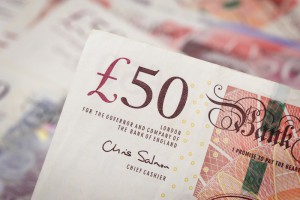 Any long-term investor looking at his portfolio as the New Year approaches will find it difficult to see any benefit in holding onto Sterling based assets let alone increasing his portfolio. It is very difficult to make a case for Sterling buyers, certainly in the first few months of the coming year.
Any long-term investor looking at his portfolio as the New Year approaches will find it difficult to see any benefit in holding onto Sterling based assets let alone increasing his portfolio. It is very difficult to make a case for Sterling buyers, certainly in the first few months of the coming year.
The joy of Brexiteers having, in their eyes, broken the shackles of Brussels has now almost totally evaporated as the reality of what Brexit means sets in. Where the was excitement over making their own laws and trade deals, there is now angst over free movement, access to the single market and blue passports!
The pound has been slowly recovering the massive losses sustained at the time of the Brexit referendum but that may simply prove to be respite with another fall, primarily versus the Euro entirely possible. Parity between the two currencies would make export of goods and services following Brexit attractive and the “entry rate” of the U.K. into the post Brexit market whilst advantageous to those selling overseas, will suck in inflation that will concern the Bank of England. Were the currency to weaken dramatically, the 25-basis point hike seen in November will be rendered totally without effect and it would be difficult to envisage anything other than recession, inflation and economic disaster for the U.K.
The Brexiteers really didn’t know what havoc they were going to wreak.
Error, group does not exist! Check your syntax! (ID: 4)
European political risks just over the horizon
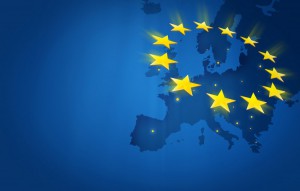 In 2017, the Dutch and French showed themselves to be what they are; true Europeans. But wait, was it just the naked ambition of Emmanuel Macron and his charismatic style that has driven the French closer to Brussels/Frankfurt? The nature of Dutch politics means that an outright right-wing anti-EU party stood little chance of serious success.
In 2017, the Dutch and French showed themselves to be what they are; true Europeans. But wait, was it just the naked ambition of Emmanuel Macron and his charismatic style that has driven the French closer to Brussels/Frankfurt? The nature of Dutch politics means that an outright right-wing anti-EU party stood little chance of serious success.
The Germans saw an unexpected rise in nationalist feeling. The right-wing AfD came close to a seat at the “big table” returning to the Reichstag for the first time in 50+ years. Mrs Merkel, severely chastised for her “bigger role” in the EU, seen as detrimental to her domestic duties could easily face another election in early 2018 if she is unable to forge a fresh coalition with her long-term partners the SPD.
Next year, Belgium, the Czech Republic, Holland, Finland, Hungary, Ireland, Italy and Sweden all visit the polls in one election or another on either a domestic or national level. Each will in its own way have a chance to comment on the desire for a move towards greater Federalization that is mooted by Emmanuel Macron as he stands in for Angela Merkel while she sorts out her domestic difficulties.




